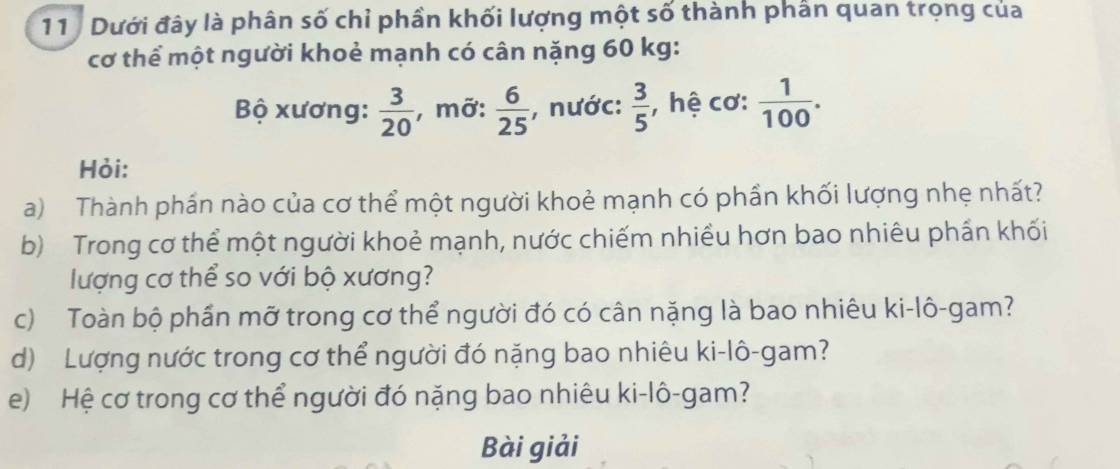 giúp em bài này với ạ
giúp em bài này với ạ
Hãy nhập câu hỏi của bạn vào đây, nếu là tài khoản VIP, bạn sẽ được ưu tiên trả lời.


a: Thay x=2 và y=3 vào hàm số, ta được:
\(2k+2-4=3\)
\(\Leftrightarrow k=\dfrac{5}{2}\)




Câu 2
Đổi : 72 km/h =20 m/s
Gia tốc của ô tô là
\(a=\dfrac{v^2-v_0^2}{2s}=\dfrac{20^2-4^2}{2\cdot400}=0,48\left(\dfrac{m}{s^2}\right)\)
Câu 3:
\(\dfrac{F_1}{F_2}=\dfrac{d_2}{d_1}\Rightarrow d_2=\dfrac{F_1\cdot d_1}{F_2}=\dfrac{30\cdot6}{40}=4,5\left(cm\right)\)
Khoảng cách giữa lực F1 và F2
\(d=d_1+d_2=6+4,5=10,5\left(cm\right)\)

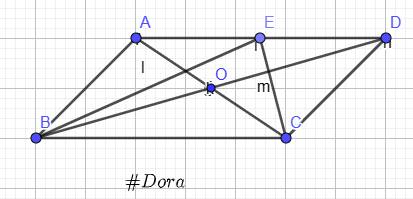
`a)` Vì `O` là trung điểm của `AC;BD`
`=>{(\vec{OA}=-\vec{OC}),(\vec{OB}=-\vec{OD}):}`
Ta có: `\vec{OA}+\vec{OB}+\vec{OC}+\vec{OD}`
`=-\vec{OC}-\vec{OD}+\vec{OC}+\vec{OD}=0`
`b)` Vì `E` là trung điểm `AD=>\vec{EA}=-\vec{ED}`
Ta có: `\vec{EA}+\vec{EB}+2\vec{EC}`
`=\vec{EA}+\vec{EA}+\vec{AB}+2\vec{ED}+2\vec{DC}`
`=-2\vec{ED}+\vec{AB}+2\vec{ED}+2\vec{AB}=3\vec{AB}`
`c)` Ta có: `\vec{EB}+2\vec{EA}+4\vec{ED}`
`=\vec{EB}-2\vec{ED}+4\vec{ED}`
`=\vec{EB}+2\vec{ED}`
`=\vec{EA}+\vec{AB}+2\vec{ED}`
`=-\vec{ED}+\vec{AB}+2\vec{ED}`
`=\vec{AB}+\vec{EC}+\vec{CD}` (Mà `\vec{AB}=-\vec{CD}`)
`=\vec{EC}`

a, \(n_{Fe}=\dfrac{22,4}{56}=0,4\left(mol\right)\)
\(Fe+H_2SO_4\rightarrow FeSO_4+H_2\)
Theo PT: \(n_{H_2}=n_{Fe}=0,4\left(mol\right)\Rightarrow V_{H_2}=0,4.22,4=8,96\left(l\right)\)
b, \(n_{H_2SO_4}=\dfrac{24,5}{98}=0,25\left(mol\right)\)
Xét tỉ lệ: \(\dfrac{0,4}{1}>\dfrac{0,25}{1}\), ta được Fe dư.
Theo PT: \(n_{Fe\left(pư\right)}=n_{H_2SO_4}=0,25\left(mol\right)\Rightarrow n_{Fe\left(dư\right)}=0,4-0,25=0,15\left(mol\right)\)
\(\Rightarrow m_{Fe\left(dư\right)}=0,15.56=8,4\left(g\right)\)

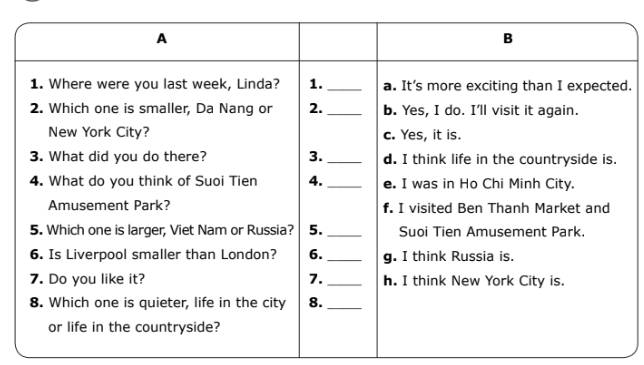
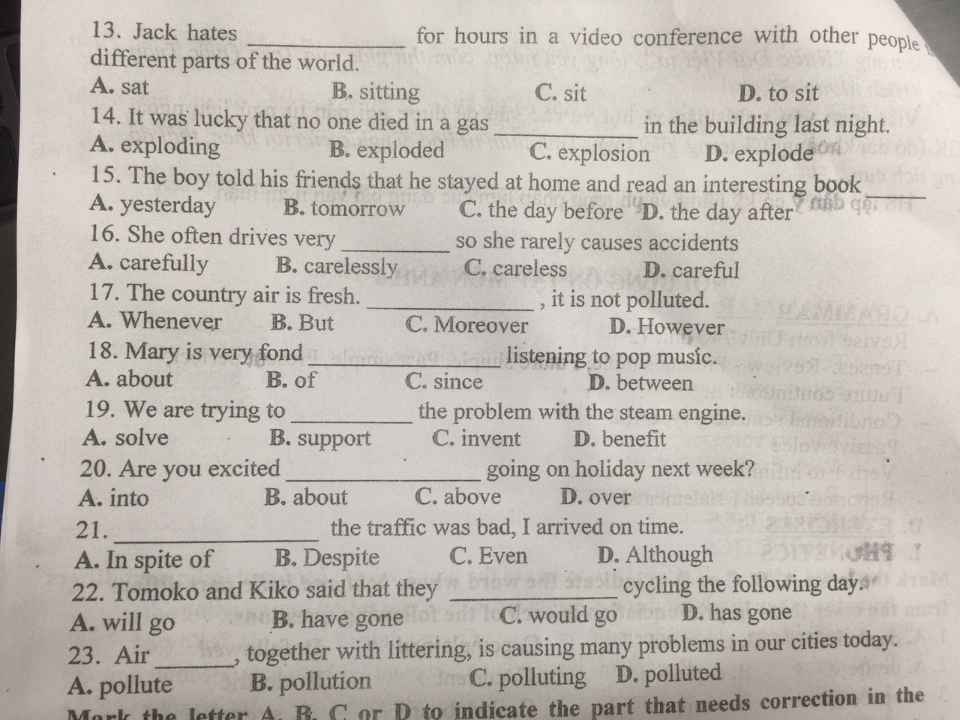



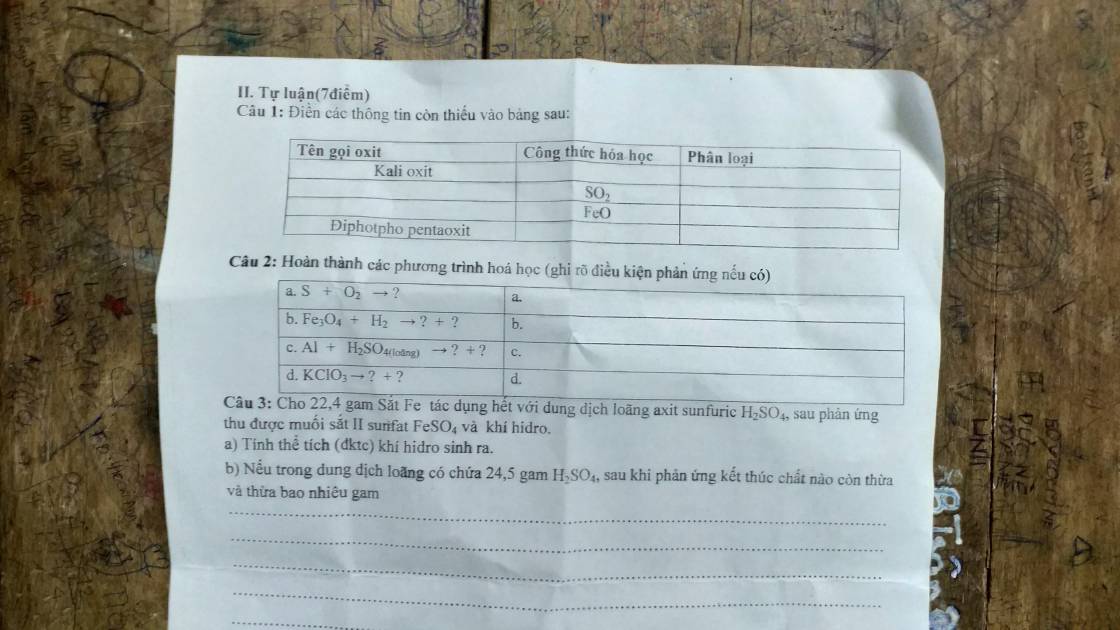
Giải:
a; \(\dfrac{1}{100}\)= \(\dfrac{3}{300}\)< \(\dfrac{3}{20}\) = \(\dfrac{6}{40}\) < \(\dfrac{6}{25}\) < \(\dfrac{6}{10}\) = \(\dfrac{3}{5}\)
Thành phần của cơ thể khỏe mạnh có phần khối lượng nhẹ nhất là: hệ cơ.
b; Trong một cơ thể khỏe mạnh, nước chiếm nhiều hơn phần khối lượng cơ thể so với bộ xương là:
\(\dfrac{3}{5}-\dfrac{3}{20}\) = \(\dfrac{9}{20}\)
c; Toàn bộ mỡ trong cơ thể nặng là:
60 x \(\dfrac{6}{25}\) = \(\dfrac{72}{5}\) (kg)
d; Lượng nước trong cơ thể nặng là: 60 x \(\dfrac{3}{5}\) = 36 (kg)
e; Hệ cơ trong cơ thể người đó nặng là: 60 x \(\dfrac{1}{100}\)= \(\dfrac{3}{5}\) (kg)
Đáp số:..
a: \(\dfrac{3}{20}=0,15;\dfrac{6}{25}=0,24;\dfrac{3}{5}=0,6;\dfrac{1}{100}=0,01\)
Vì 0,01<0,15<0,24<0,6
nên khối lượng hệ cơ là nhẹ nhất
b: Tỉ số giữa khối lượng nước và khối lượng bộ xương là:
\(\dfrac{3}{5}:\dfrac{3}{20}=\dfrac{3}{5}\times\dfrac{20}{3}=4\)
=>Nước chiếm nhiều hơn bộ xương 3 phần
c: Khối lượng phần mỡ là:
\(60\times\dfrac{6}{25}=\dfrac{360}{25}=14,4\left(kg\right)\)
d: Lượng nước trong cơ thể của người đó nặng:
\(60\times\dfrac{3}{5}=36\left(kg\right)\)
e; Khối lượng hệ cơ là:
\(60\times\dfrac{1}{100}=0,6\left(kg\right)\)